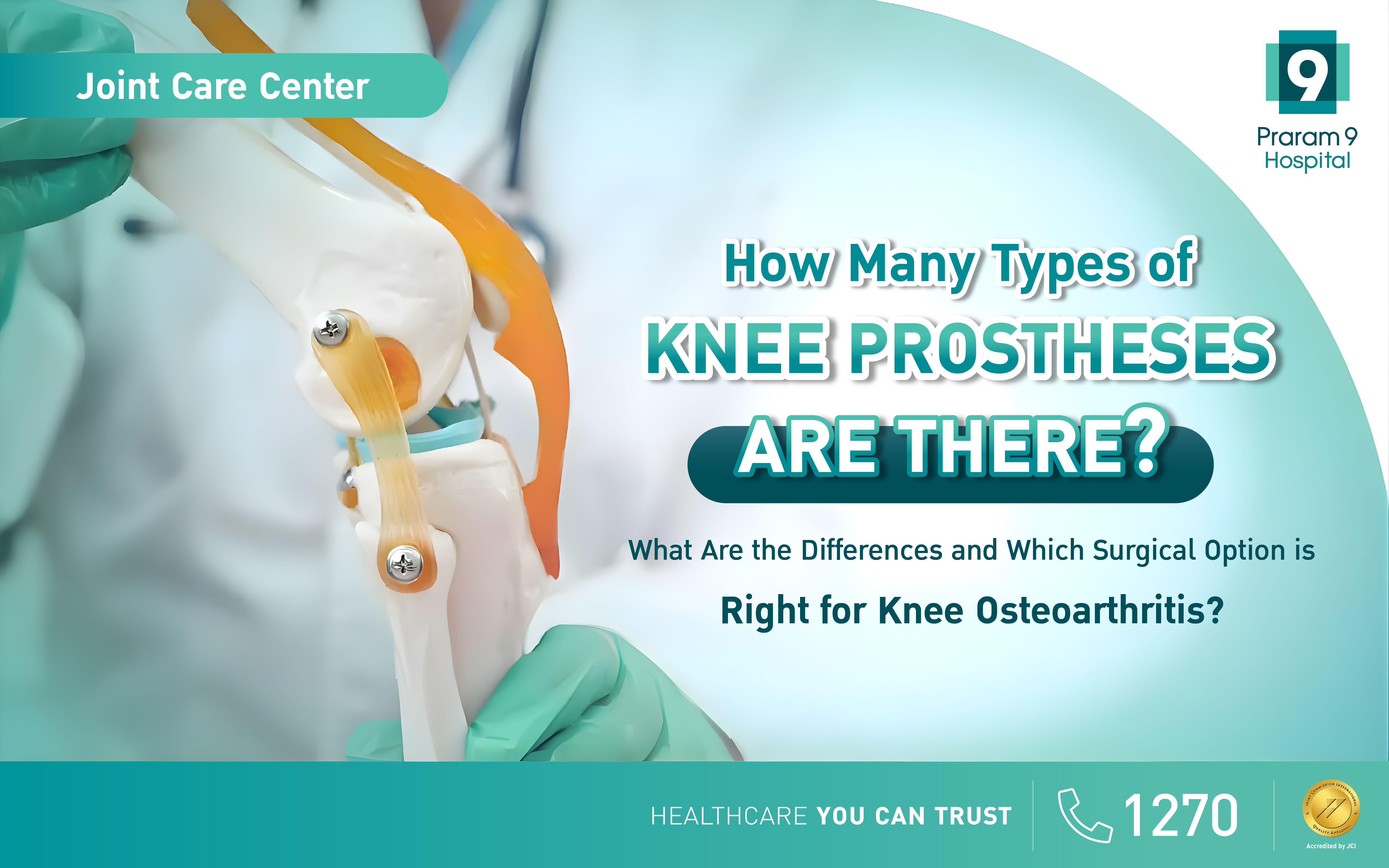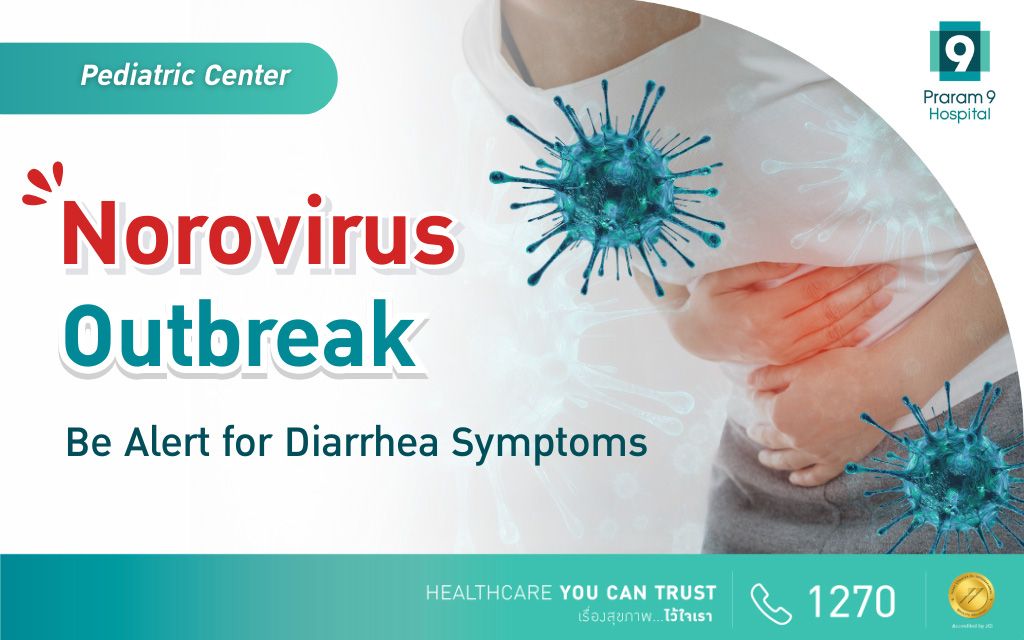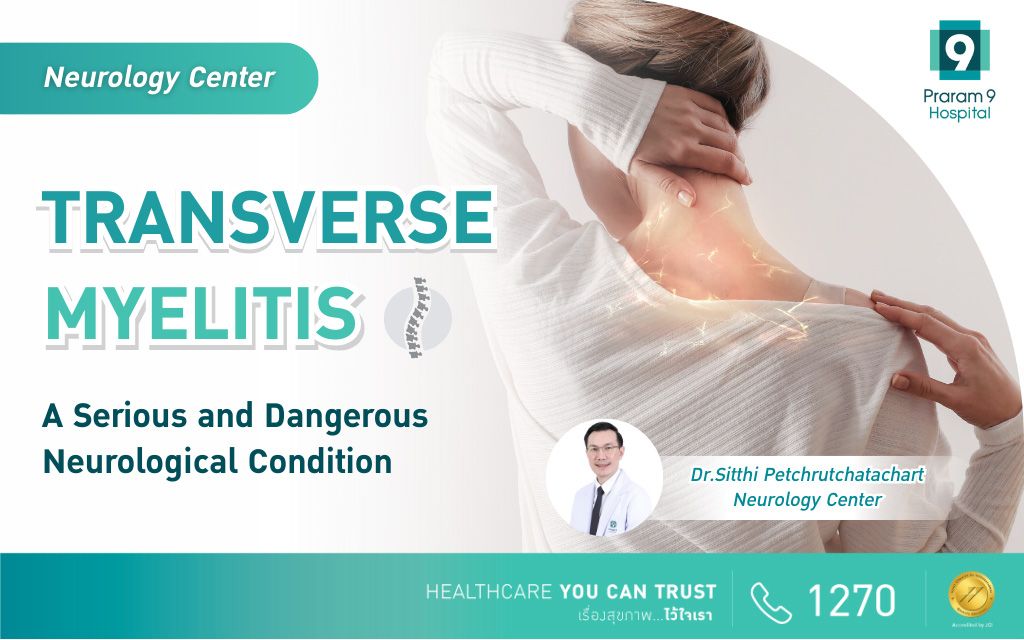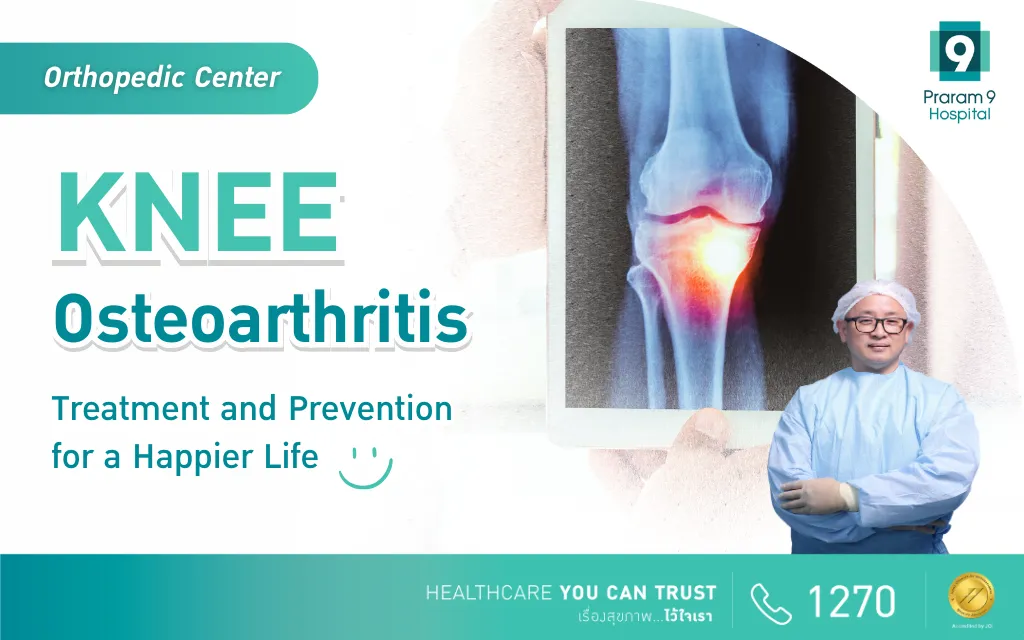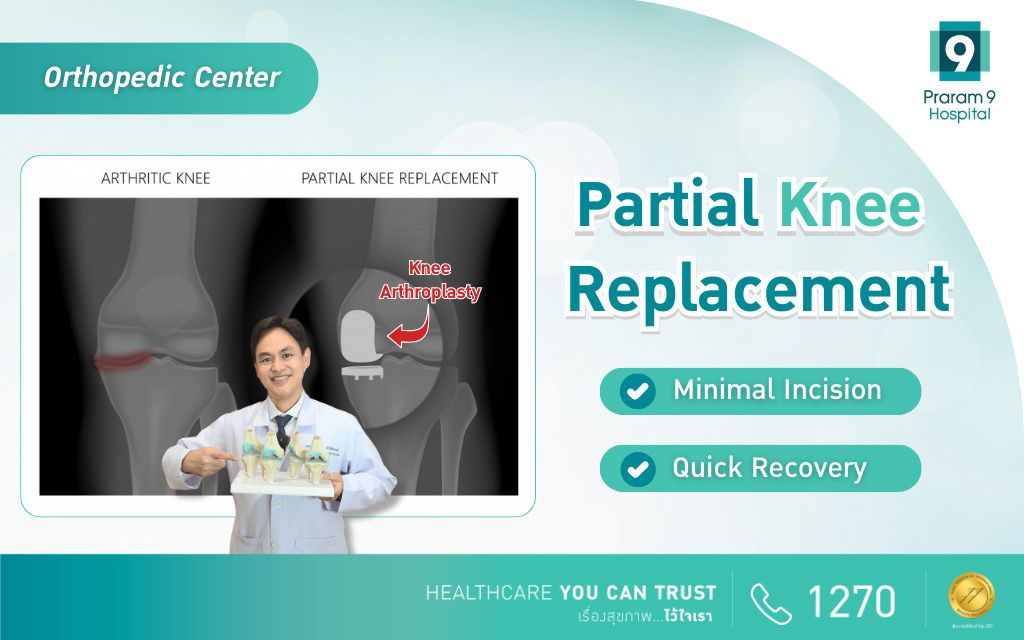Health Articles
Knowledge
Heart Valve Regurgitation: Don’t Ignore Symptoms Like Fatigue and Palpitations!
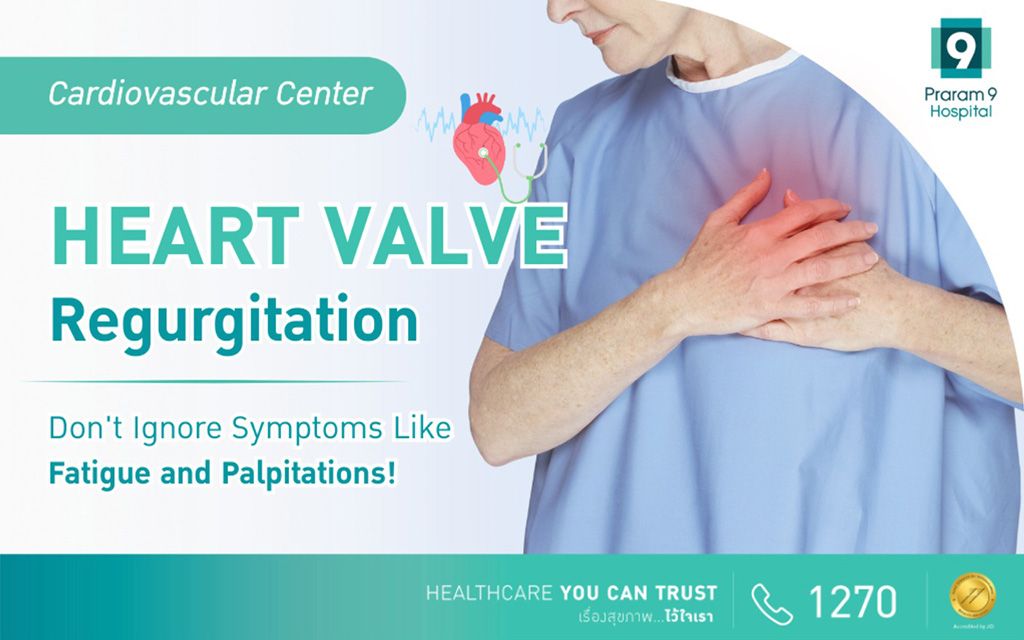
Heart Valve Regurgitation is a condition where the heart valve cannot close completely, causing blood to flow back into the same heart chamber. This may result in the heart to work harder to compensate for the abnormal blood flow. If severe regurgitation is left untreated, it can lead to serious complications such as heart failure or pulmonary hypertension. Therefore, understanding the causes, symptoms, diagnosis, and treatment options is crucial for individuals to recognize symptoms and learn how to prevent this condition.
What is Heart Valve Regurgitation?
Our heart has four chambers, each equipped with a valve that controls blood flow between the chambers and major arteries. These valves ensure that blood flows in one direction and prevents it from leaking back. However, in some cases, a valve may leak, causing blood to flow backward into the heart chamber. The valves most commonly affected by regurgitation include:
- Mitral Valve: Located between the left atrium and left ventricle.
- Aortic Valve: Located between the left ventricle and the aorta.
- Tricuspid Valve: Located between the right atrium and right ventricle.
- Pulmonary Valve: Located between the right ventricle and pulmonary artery.
Symptoms of Heart Valve Regurgitation
The symptoms of heart valve regurgitation can vary depending on the severity and duration of the condition, including:
- Shortness of Breath: Especially during exertion or when lying down.
- Fatigue: Feeling easily tired or weak even with usual activities.
- Palpitations: A sensation of the heart is racing, fluttering, or beating irregularly.
- Swelling: Swelling in the feet, ankles, or legs due to abnormal blood circulation.
- Chronic Cough: Particularly at night, which may indicate fluid in the lungs.
- Chest Pain: Especially during exertion or when the heart is working hard.
If you experience any of these symptoms, consult a doctor for a diagnosis and treatment.
Causes of Heart Valve Regurgitation
Heart valve regurgitation can be caused by several factors, including:
- Coronary Artery Disease: Blockage in the arteries that supply the heart can weaken the heart muscle and damage the valves.
- Degenerative Valve Disease: Commonly seen in the elderly, where the valve deteriorates with age.
- Infective Endocarditis: An infection of the heart valves that can cause inflammation and damage.
- Rheumatic Fever: Caused by a streptococcal infection, leading to inflammation of the heart valves.
- Mitral Valve Prolapse: A condition where the mitral valve bulges back into the left atrium during the heart’s contraction.
Diagnosis of Heart Valve Regurgitation
Diagnosis involves physical examination and special tests as deemed necessary by the doctor, such as:
- Auscultation: Listening to the heart for abnormal sounds of blood flow.
- Electrocardiogram (EKG): Recording the heart’s electrical activity to detect irregular heartbeats.
- Chest X-ray: To observe the size and shape of the heart and lungs.
- Echocardiogram: Using high-frequency sound waves to create images of the heart and assess valve function.
Treatment of Heart Valve Regurgitation
The treatment for heart valve regurgitation depends on the severity of symptoms and the underlying cause. Doctors may recommend one or a combination of the following treatments:
1. Medication
- Antihypertensive drugs: To reduce the heart’s workload.
- Diuretics: To decrease fluid retention and relieve swelling.
- Beta-blockers: To control heart rate and maintain a regular heartbeat.
- Other medications: Additional medications may be prescribed as needed, depending on the patient’s condition.
2. Catheter-Based Procedures
- MitraClip: A minimally invasive procedure in which a catheter is used to place a small clip on the mitral valve, improving valve closure. This is suitable for patients who are not candidates for major surgery.
- Transcatheter Aortic Valve Replacement (TAVR): For patients with severe aortic valve stenosis or regurgitation, this procedure uses a catheter to replace the damaged valve with a prosthetic one, avoiding open-heart surgery.
3. Surgery
- Valve Repair: In some cases, the leaking valve can be repaired without replacement. Techniques like stitching the valve or using an annuloplasty ring to support the valve may be used to reduce leakage.
- Valve Replacement: If the valve is severely damaged, it may need to be replaced with a prosthetic valve, which can be either a mechanical valve or a bioprosthetic valve made from tissue.
Prevention of Heart Valve Regurgitation
Preventing heart valve regurgitation involves maintaining heart health and adopting a healthy lifestyle, which helps reduce the risk of developing this condition. Prevention strategies include:
Controlling Blood Pressure
Maintain normal blood pressure by eating a healthy diet, exercising regularly, and taking prescribed medications. High blood pressure can strain the heart and cause valve deterioration over time.
Preventing Infections
Good oral hygiene is essential in preventing infections that could spread to the heart valves. Brush and floss daily, and visit the dentist regularly. Additionally, untreated infections, especially throat infections, should be promptly and properly treated to prevent heart valve inflammation.
Regular Exercise
Engaging in regular physical activity, such as walking, running, swimming, or cycling, helps strengthen the heart and cardiovascular system, controls weight, and reduces the risk of heart disease.
Managing Weight and Diet
Maintain a healthy weight by following a balanced diet rich in vegetables, fruits, whole grains, and healthy fats. Limit intake of saturated fats, sugar, and salt to reduce the risk of heart disease and valve regurgitation.
Quitting Smoking and Limiting Alcohol Consumption
Quitting smoking reduces the risk of cardiovascular disease, a major factor in valve regurgitation. Alcohol consumption should also be kept moderate to minimize its impact on heart health.
Stress Management
Managing stress through activities such as meditation, yoga, or other relaxation techniques helps maintain heart health and lowers the risk of heart disease.
Regular Health Check-Ups
Regular heart health check-ups are important, especially for those at higher risk, such as older adults, individuals with a family history of heart disease, or those with conditions like hypertension or diabetes.
Preventing heart valve regurgitation involves maintaining heart health and avoiding risk factors. Adopting a healthy lifestyle helps strengthen the heart and reduces the risk of heart valve issues and other cardiovascular diseases.
9 Healthy Heart Screening Packages
Price Starting from : 6,900 - 8,900 THB
Conclusion
Heart valve regurgitation is a condition where the heart valve does not close completely, causing blood to flow backward and forcing the heart work harder. Without proper treatment, it can lead to severe complications such as heart failure.
Accurate diagnosis and appropriate treatment, including medication, surgery, and catheter-based procedures, can help manage symptoms and slow the progression of the disease. Additionally, adopting healthy habits such as controlling blood pressure, managing cholesterol levels, exercising regularly, and having routine heart check-ups can help prevent the condition and strengthen heart health, reducing the risk of heart valve regurgitation.
For more information or urgent, please contact
TEL: 1270 (Local) or +662 202 9999
Email: [email protected]
You can consult a doctor from anywhere through video calls.
About the Author

